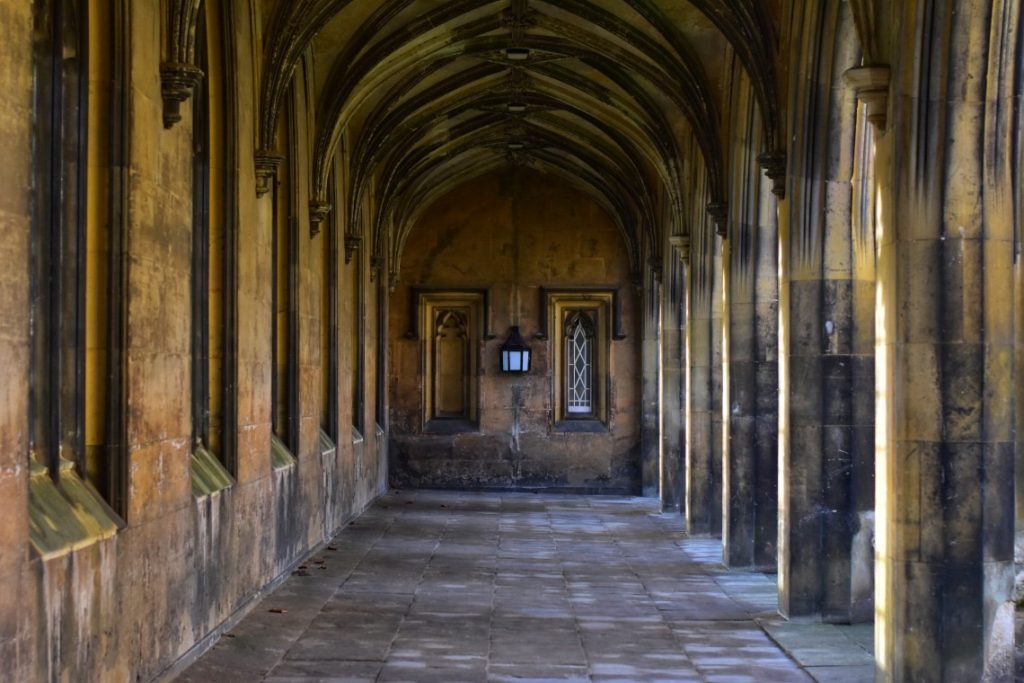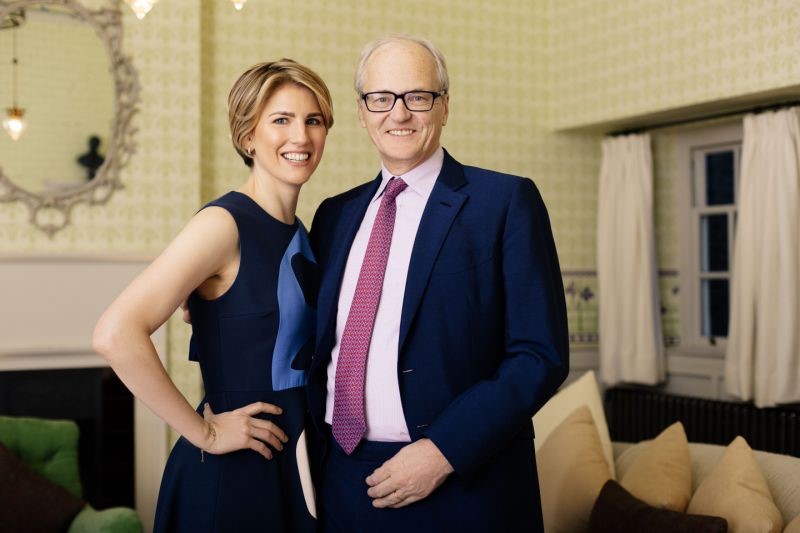Is the backlash over Billionaire David Harding’s £1m contribution out of £100 for BME students at Cambridge University an accurate representation of the imbalanced distribution of wealth or a reality simply misunderstood?
On Thursday 6th February, The Guardian released an article penned by freelance journalist Marthe de Ferrer titled ‘£100m for Cambridge? Give it to universities that need the money’, a highly popular opinion which no doubt reflected the amassed outrage over the £1m out of the £100 the university will use to encourage BME students to apply.
Despite the sentiment of the general consensus, a good journalist must remain in the seat of objectivity in order to present the facts. Sentiment generally tends to cloud the sense in people and the simple fact remains that finding common ground doesn’t always mean finding common sense.
So, how is the £100m planned to be broken down?
According to the University of Cambridge the money will be distributed towards three specific categories comprising of two main components:
- £79m will be given to The Harding Distinguished Postgraduate Scholars Programme to provide fully funded scholarships for the most talented PhD students.
- The remaining £21m is earmarked towards supporting undergraduate students. In collaboration between the University and the Colleges, The Harding Collegiate Cambridge Challenge Fund, worth 20m will be used to encourage further donations from alumni for financial support to undergraduates.
- The final £1m will be used to ‘stimulate innovative approaches’ in hopes of ‘attracting undergraduate students from under-represented groups.’

But should the University get £100m in the first place?
According to The Telegraph in 2012, with a staff and student population of 30,000 – at more than £130,000 per head, Cambridge was worth double the combined £2bn assets of Britain’s other universities. In 2018, its value stood at 4.9bn. Whilst the statistics are staggering, showing a clear gap in wealth and opening up the necessary discussion on existing inequalities between the bourgeoise and the proletariat, particularly within the education sector it fails to address the nature of this case.
And that is; the donation is a gift. Harding is a physics graduate of the university who became a successful hedge fund manager and billionaire. Yes, the money could have been given to any other university but it wasn’t. It was given to Cambridge, his alma mater, a place which probably contributed to why and where he is today. Who’s to say he wouldn’t have given £100m to Nottingham University if he had studied there?
In her article Ferrer references Serrata quoting ‘wealthy people should be socially pressured into making large charitable donations – but those donations should be grounded in a wider sense of social responsibility.’ The idea of social pressure interprets that there is a duty on the wealthy to distribute the money that they themselves worked for, which in turn implies the responsibility must be shared as a whole since we all have a ‘social responsibility’ and if that is the case then are we asking for a society set on socialism? That being said this remains a personal gift and not government property, therefore equality, as important as it is, must be left out of it.

“Claudia and I are very happy to make this gift to Cambridge to help to attract future generations of the world’s outstanding students to research and study there.”
– David Harding
Who do we place at the pinnacle of the ‘blame game’?
There are two parties involved, the donor, Mr Harding and the University of Cambridge, the recipient. The pertinent issue on ground is to determine the exact intent and purpose of the donor’s gift, did Harding specify which areas the money would go to, did both parties discuss the what, where and why of the breakdown or did Cambridge make the decision themselves. To avoid unnecessary conclusions Harding and the university deserve the right to reply.
What actually are the facts and are we misinterpreting them?
£1 million out of £100 to go to BME students sounds pathetic right, well hold that thought ? In 2017, The University of Cambridge’s Undergraduate Admissions Statistics revealed that only 291 Black or Black British – African home applicants actually applied to the university compared to a significant 7,679 White home applicants; a 7,388 difference. The table represented 17 ethnic groups in total yet when added up the entire amount of the 16 ethnicities that applied were 3,245, still less than half of the White home applicants. Needless to say, perhaps the university did their research and were one step ahead. The £1m is to ‘attract’ low income and BME students, because they simply aren’t applying.
Be your own Jury.
The facts have presented themselves and the case has been made. Yes, there is a social consciousness expected from Harding but it is his money and if giving money to BME students means equality then what about disabled students, elderly students and where does it end?
As a minority myself it is highly understandable why only 1% is going to people like me. Perhaps the money itself is not the problem but the internalised ideology that the colour of my skin or the degree of intellect I possess is enough to create a metaphorical barrier thus deterring myself from approaching a high-class institution such as Cambridge.
To Ferrer and the rest of the world I say, now, what moral compass do you choose to stand on and why?
The 1% giving 1% may not look like much but it shows me that a hand is reaching out, that the building of a bridge is being attempted. Yet it cannot be completed without me, without you, the minorities.
So, does 1% really mean 1% in this equation? And who says that Harding’s 1% isn’t 100% after all?


